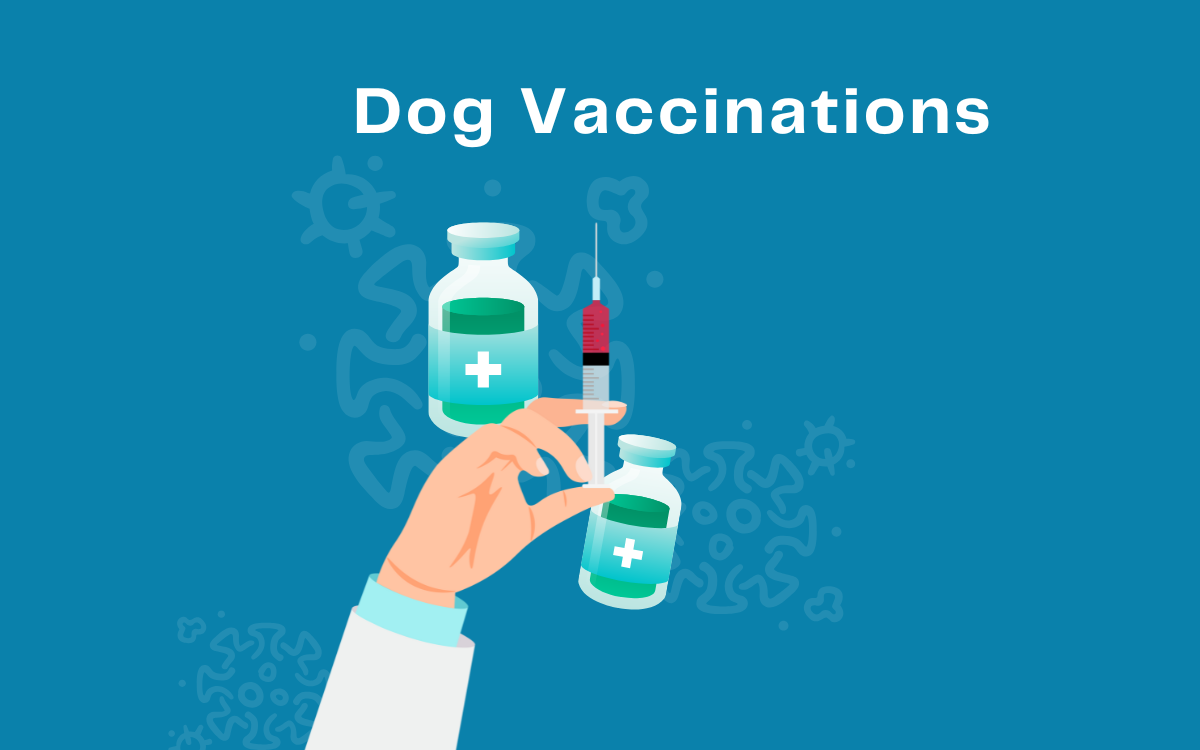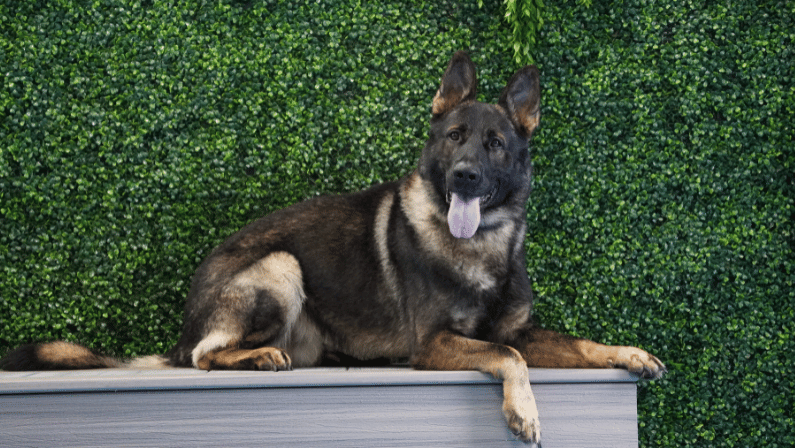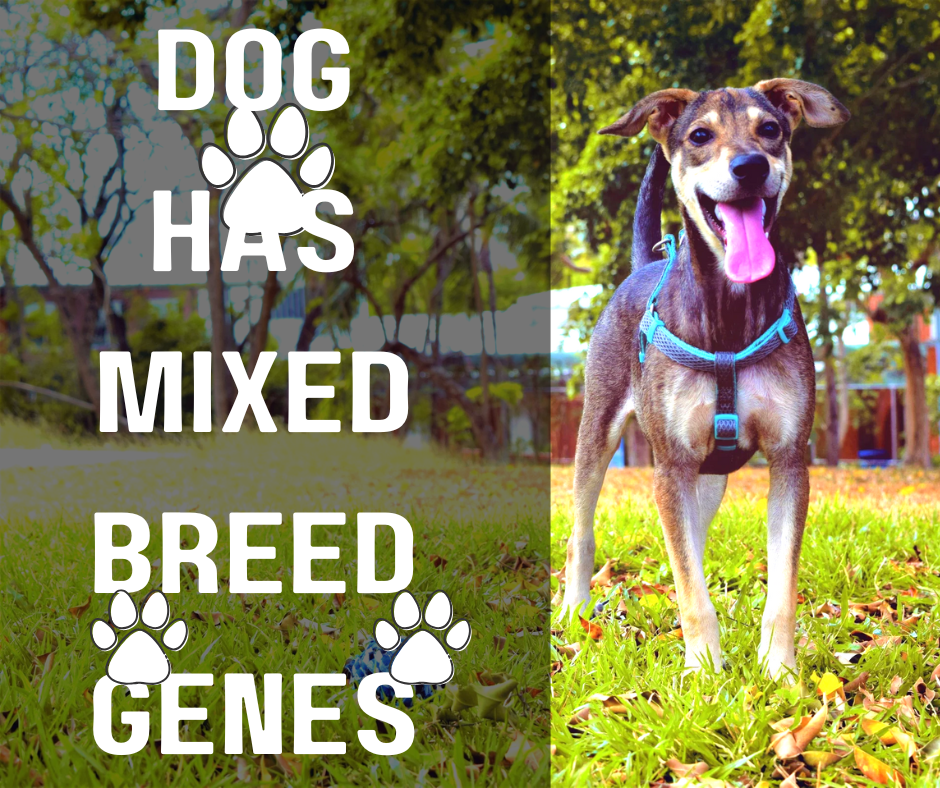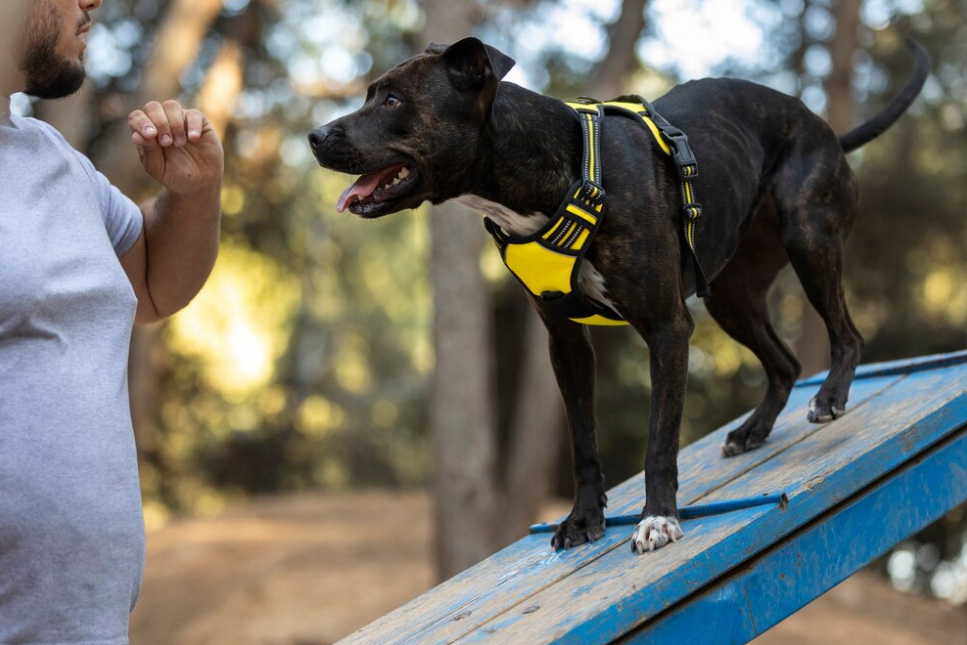When it comes to our beloved pets, ensuring their health and well-being is a top priority. Regular veterinary care, including vaccinations and dental cleanings, plays a vital role in maintaining a dog’s overall health. But what if you could combine these two essential procedures into a single visit? This leads us to the question: can dog vaccinations be done during dental cleaning?
The answer is multifaceted, involving considerations about the pet’s health, the type of procedures being performed, and veterinary recommendations. Let’s explore this topic in detail to help pet owners make informed decisions.
Understanding Dog Vaccinations
Vaccinations are crucial for preventing life-threatening diseases in dogs, such as rabies, distemper, parvovirus, and canine influenza. These immunizations stimulate the immune system to produce antibodies, providing protection against specific illnesses. Regular vaccination schedules vary depending on the dog’s age, breed, lifestyle, and regional risks.
Typically, vaccinations are administered during routine veterinary check-ups. They require minimal stress and recovery time, making them one of the simplest yet most effective ways to safeguard your dog’s health.
The Importance of Dental Cleaning for Dogs
Dental health is an often-overlooked aspect of pet care. Periodontal disease is one of the most common health issues in dogs, leading to bad breath, gum inflammation, tooth loss, and potentially severe systemic infections. Professional dental cleaning involves scaling, polishing, and sometimes tooth extractions to maintain oral health.
This procedure usually requires general anesthesia to ensure the dog remains still and comfortable. Anesthesia, while generally safe under veterinary supervision, requires careful consideration of the pet’s overall health. Dog with Diarrhea and Vomiting
Can Dog Vaccinations Be Done During Dental Cleaning?
Yes, dog vaccinations can be done during dental cleaning, but this decision depends on several factors. Here’s a breakdown of the key considerations:
1. Health Status of the Dog
The primary consideration is the dog’s overall health. Administering vaccinations during dental cleaning is only advisable if the pet is in good health. Dogs with underlying conditions or weakened immune systems may not respond well to vaccines and the stress of dental cleaning combined.
Your veterinarian will conduct a thorough pre-anesthetic examination and may recommend blood tests to assess your dog’s fitness for both procedures.
2. Timing of Vaccinations
Vaccines are most effective when administered at specific intervals. If a vaccination is due close to the time of a scheduled dental cleaning, combining the procedures could be convenient. However, if the vaccination schedule is far off, it’s best to stick to the original timeline to ensure optimal immunity.
3. Stress and Recovery
Both vaccinations and dental cleanings involve some level of stress and recovery. While vaccines typically cause mild side effects such as soreness or lethargy, dental cleanings under anesthesia might require a longer recovery period. Combining these procedures minimizes the stress of multiple veterinary visits but requires careful post-procedure monitoring.
4. Veterinary Expertise and Recommendations
Your veterinarian’s expertise is crucial in deciding whether to combine these procedures. They will evaluate your dog’s medical history, current health status, and risk factors to make the best recommendation. If any risks are identified, they may advise separating the procedures.
Benefits of Combining Dog Vaccinations and Dental Cleaning
If deemed safe, performing vaccinations during dental cleaning offers several advantages:
- Reduced Stress: Fewer trips to the vet mean less anxiety for your dog.
- Time Efficiency: Busy pet owners can save time by addressing two essential health needs in one visit.
- Cost-Effective: Combining procedures may reduce overall veterinary costs by consolidating anesthesia and clinic fees.
Potential Risks and Precautions
While there are benefits, there are also risks to consider. Administering vaccinations during a procedure requiring anesthesia might slightly elevate the chance of an adverse reaction. Precautions include:
- Pre-Anesthetic Testing: Ensuring your dog’s organs are functioning well to handle anesthesia and vaccine responses.
- Close Monitoring: Veterinarians should monitor the pet closely during and after the procedure.
- Post-Procedure Care: Pet owners must observe their dogs for unusual symptoms, such as persistent vomiting, swelling, or behavioral changes.
What Do Veterinarians Recommend?
Veterinarians generally agree that combining dog vaccinations and dental cleaning is possible under the right circumstances. However, they emphasize the importance of personalized care. Not all dogs are the same, and factors such as age, breed, and pre-existing conditions play a significant role in decision-making.
If you’re considering this option, discuss it thoroughly with your veterinarian. They will guide you based on your dog’s specific needs and medical history.
How to Prepare Your Dog for Combined Procedures
If you decide to proceed with combining vaccinations and dental cleaning, proper preparation is essential:
- Schedule a Pre-Procedure Check-Up: Ensure your dog’s health is optimal.
- Follow Pre-Anesthetic Instructions: These may include fasting your dog the night before the procedure.
- Discuss Vaccination Needs: Clarify which vaccines are due and their importance.
- Plan Post-Procedure Care: Arrange a calm environment for recovery and monitor your dog closely for any adverse reactions.
Conclusion: Can Dog Vaccinations Be Done During Dental Cleaning?
The answer is yes, dog vaccinations can be done during dental cleaning, provided the dog is healthy and the timing aligns with the vaccination schedule. This approach offers convenience and efficiency but requires careful veterinary oversight to ensure safety and effectiveness.
Before deciding, consult your veterinarian to discuss your dog’s unique health profile. By prioritizing your pet’s well-being and following professional recommendations, you can make the best choice for their care. After all, a healthy dog is a happy dog!












